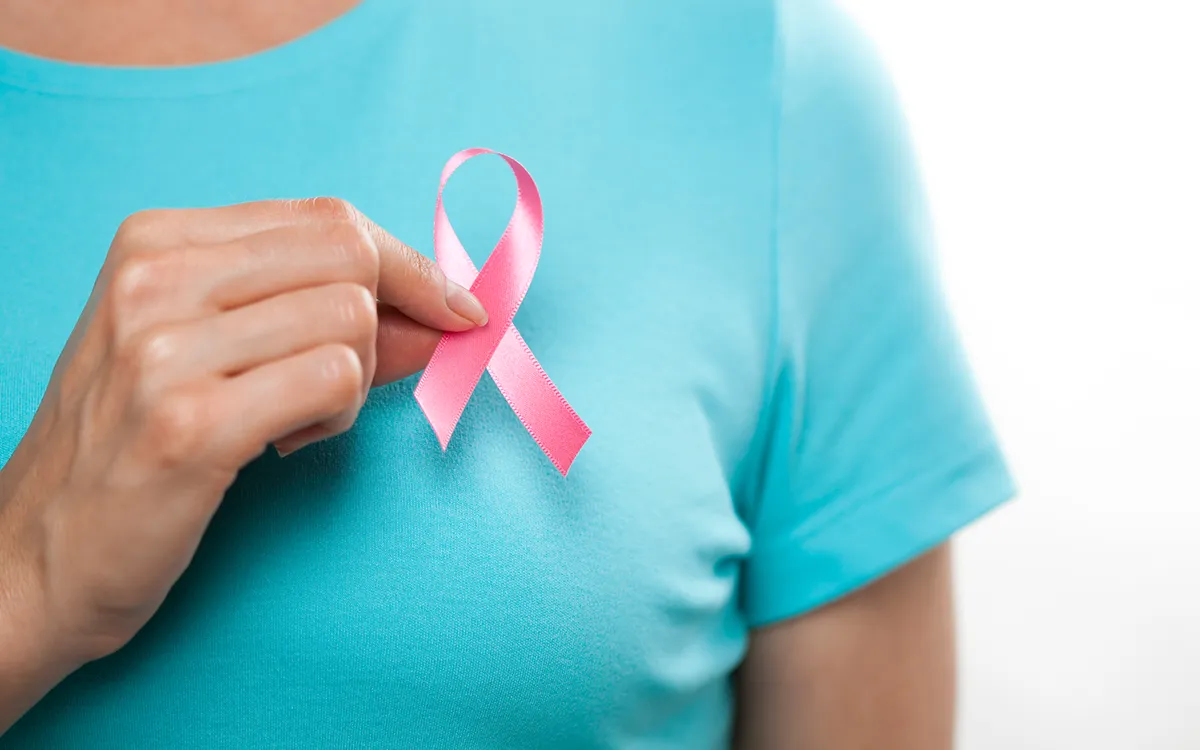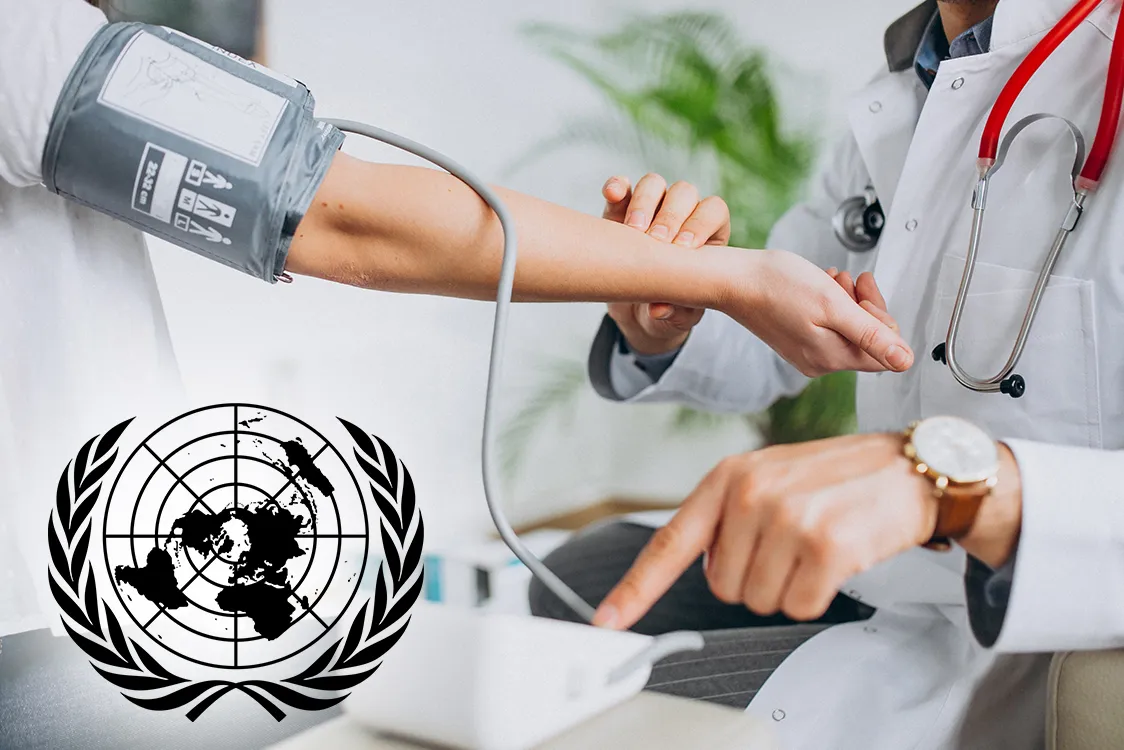Kochi: In a study on how timely treatment of breast cancer improves longevity, the overall survival (OS) of those with breast cancer was found to be 79% and 66% after five and ten years, respectively.
According to a study conducted by Amrita Hospital in Kochi, breast cancer is the most common cancer among women in Kerala, but those who were treated early had better outcomes.
Breast cancer incidence is increasing globally due to hormonal factors and changes in lifestyle.
The Covid pandemic has posed challenges not only to treatment but also to diagnosis. Cancer is a complex set of conditions with unpredictable outcomes based on the timing of diagnosis and treatment.
“Breast cancer is the most commonly diagnosed cancer among women in India, however, no studies on long-term survival have been conducted” (10 years and above). Dr. K Pavithran, head of the department of medical oncology and hematology at Amrita Hospital in Kochi and co-author of the study, stated, “Our study sought to evaluate long-term oncological outcome among women with breast cancer who were treated with curative intent.”
They conducted a retrospective cohort analysis of 1,301 breast cancer patients of all stages who received primary treatment with curative intent at the hospital from 2004 to 2010. The median age was 51 years with 70% of patients having early breast cancer (EBC), 22% having locally advanced breast cancer, and 8% having de novo metastatic disease who underwent surgery.
The majority of the patients (57%) had hormone-sensitive tumors. The study discovered that the overall cohort’s 5 and 10 year overall survival was 79% and 66%, respectively, and the 5 and 10 year breast cancer-specific survival (BCSS) was 79% and 70%, respectively.
At 15 years of follow-up after primary cancer treatment, the OS and BCSS were 51% and 58%, respectively. The factors associated with prolonged survival were women under the age of 50, early-stage disease at presentation, and the type of treatment received. The World Health Organization (WHO) aims to achieve a 50%-60%-80% survival rate (15 years-10 years & 5 years).
“This has already been accomplished in our hospital.” However, the majority of patients in government hospitals are still in advanced stages for a variety of reasons. So we need more awareness campaigns to get there,” Dr. Pavithran added.
Oncologists agreed that Kerala can do better because of its literacy, women’s empowerment, and improved healthcare facilities in both the public and private sectors.
“Early disease prognosis is critical to ensuring a higher survival rate.” “In Kerala, lack of awareness is not a problem, but women are still afraid of regular breast cancer screening tests,” said Dr. JemKalathil, a surgical oncologist at Aster Medcity.





